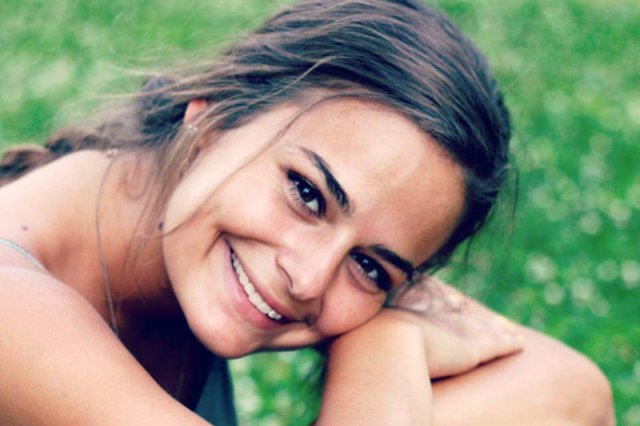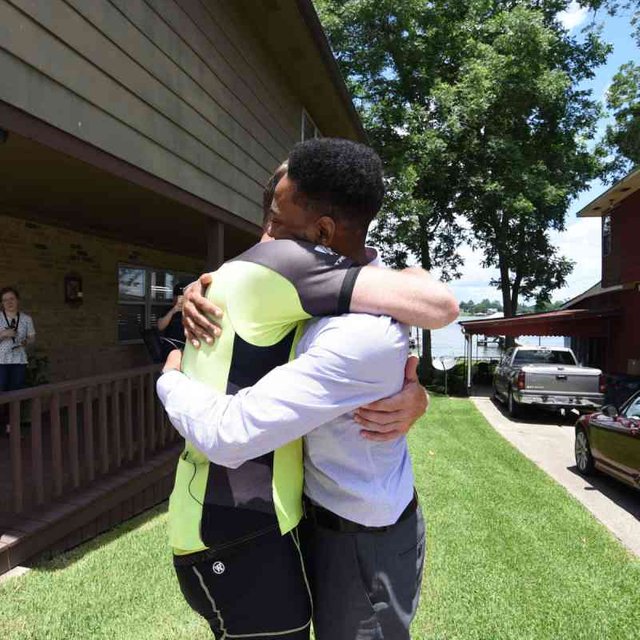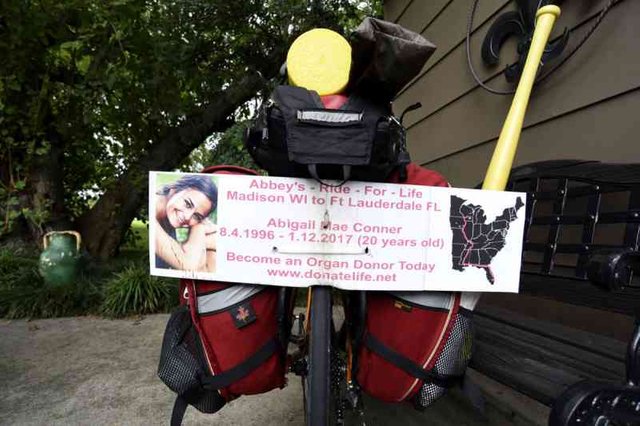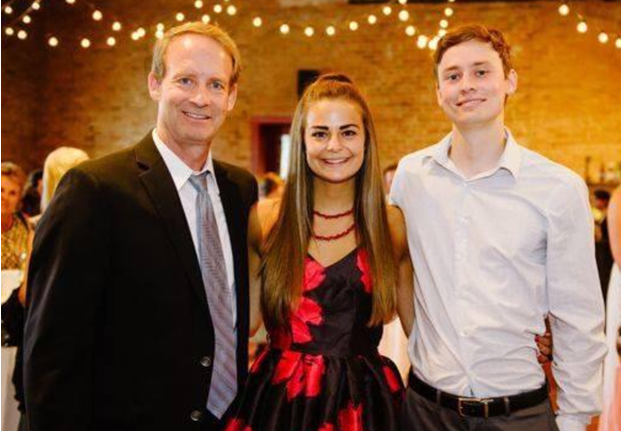When Abbey Conner was sixteen she decided that she wanted to be an organ donor. It was something that she had discussed with her father, Bill Conner. Even though it made Bill uncomfortable, he allowed her to register.
As any parent would, Conner hoped that his daughter’s organs would not need to be donated for a very long time, but a tragic accident brought Conner’s worst fear to life.

Over winter break while on vacation in Cancun, Abbey and her brother were found face down unconscious in a pool. Abbey’s brother was able to make a full recovery but unfortunately, Abbey suffered from extensive, irreversible brain damage and was kept on life support until her organs could be harvested.
When describing his daughter, Conner says that to have Abbey as a friend was a privilege. “She always had your back, and for her to be helping people in need [after death]–that just fits who she is.” Abbey donated four organs to four males ages 20 to 60 with life-threatening conditions. She also donated her eyes and other tissues.
While Conner said goodbye to his daughter, there was another family gearing up to do the same to their son. A 21-year-old man, Loumouth Jack Jr. from Lafayette, Louisiana had suffered a heart attack and rapid heart failure. “He was given ten days to live,” said Conner, “and with Abbey and the way things went, he’s alive today.”

On May 22nd, a day after his son graduated from college, Conner hopped on his bike and began riding across the country as a tribute to Abbey and to raise awareness for organ donation. He traveled 2,600 miles on his bike from his home in Wisconsin all the way to Fort Lauderdale where Abbey’s organs were harvested.

The donation center that handled Abbey’s organs transplants sent letters to every person who received one of Abbey’s organs, asking if they would like to meet Abbey’s father. The only person to respond was Jack Jr., the recipient of Abbey’s heart. Conner and Jack got in contact and they arranged to meet in Baton Rouge on Father’s Day which was about 1, 400 miles into Conner’s trip.
The two men hugged for a long minute before a stethoscope was given to Conner so he could listen to his daughter’s heart. The Jackson family even made a recording of Abbey’s heart for the duration of his ride back home.
“It’s about not being selfish and burying things that could help people live or live better lives,” Conner says. “What better legacy could you have than to help people live?”
